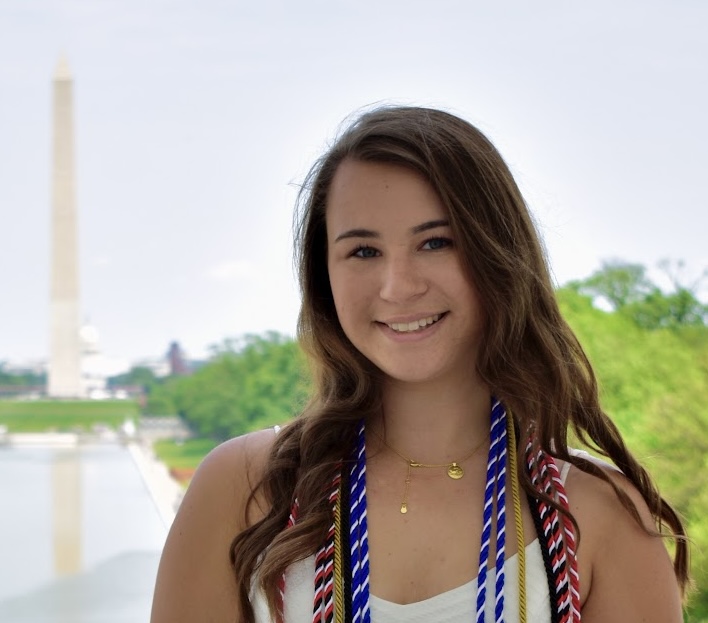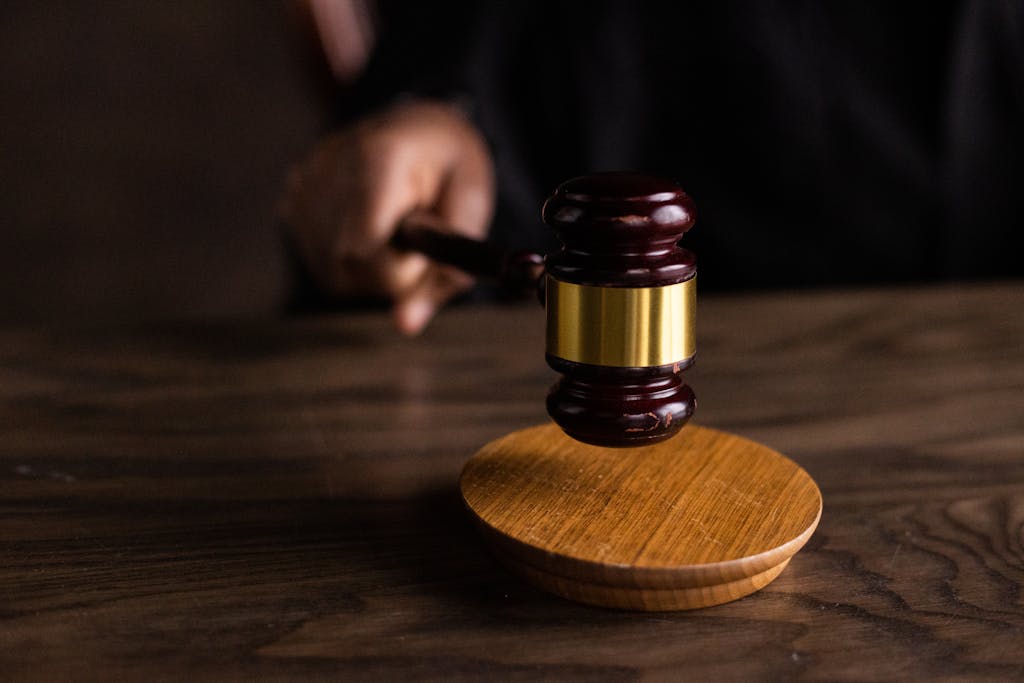In order to effectively prioritize student achievement, school board members should know the landmark Supreme Court decisions that shape how they set school district policies and resolve conflicts.
The American Enterprise Institute, partnered with AEI’s Conservative Education Reform Network and the Wisconsin Institute for Law and Liberty, released a report this month, titled Schools and the Law: First Amendment Supreme Court Decisions That School Board Members Should Know, which comprehensively lays out the key cases and arguments school board members should know.
A large theme in the First Amendment cases popping up is the lesser-discussed freedom from compelled speech. While school boards have some power to dictate educators’ speech in the classroom, that does not mean teachers lose their First Amendment rights. So, let’s lay out what the courts say school boards can and cannot mandate.
- Henderson v. Springfield R–12 School District (2021)
- Bans mandatory districtwide DEI training
- Mayer v. Monroe County (7th Circuit)
- The 7th Circuit held that the First Amendment does not entitle public school teachers to advocate for their own views in the classroom.
- Cited the Supreme Court’s decision in Garcetti v. Ceballos: students are a captive audience, and education is compulsory.
- Garcetti v. Ceballos
- While not an education case, the Supreme Court held that public employees can be punished if they speak outside of their authority as public officials. Speech by a public official is only protected if they deliver it as private citizens.
- Pickering v. Board of Education
- Set a high standard for firing teachers because of their speech, provides guidance on how to balance the interests of the teacher and the interests of the State.
- Damiano v. Grants Pass School District 7
- Distinguishes between teachers discussing their own opinion versus commenting on matters of public concern.
- Kennedy v. Bremerton School District
- The Supreme Court held that individuals, even public employees, engaging in personal religious observance cannot be prosecuted by the government.
- Tinker v. Des Moines Independent Community School District
- The Supreme Court held that students “do not shed their constitutional rights to freedom of speech or expression at the schoolhouse gate.” Keep in mind, students essentially enjoy more protections than teachers do.
Read the full report for the best explanations of each case!

